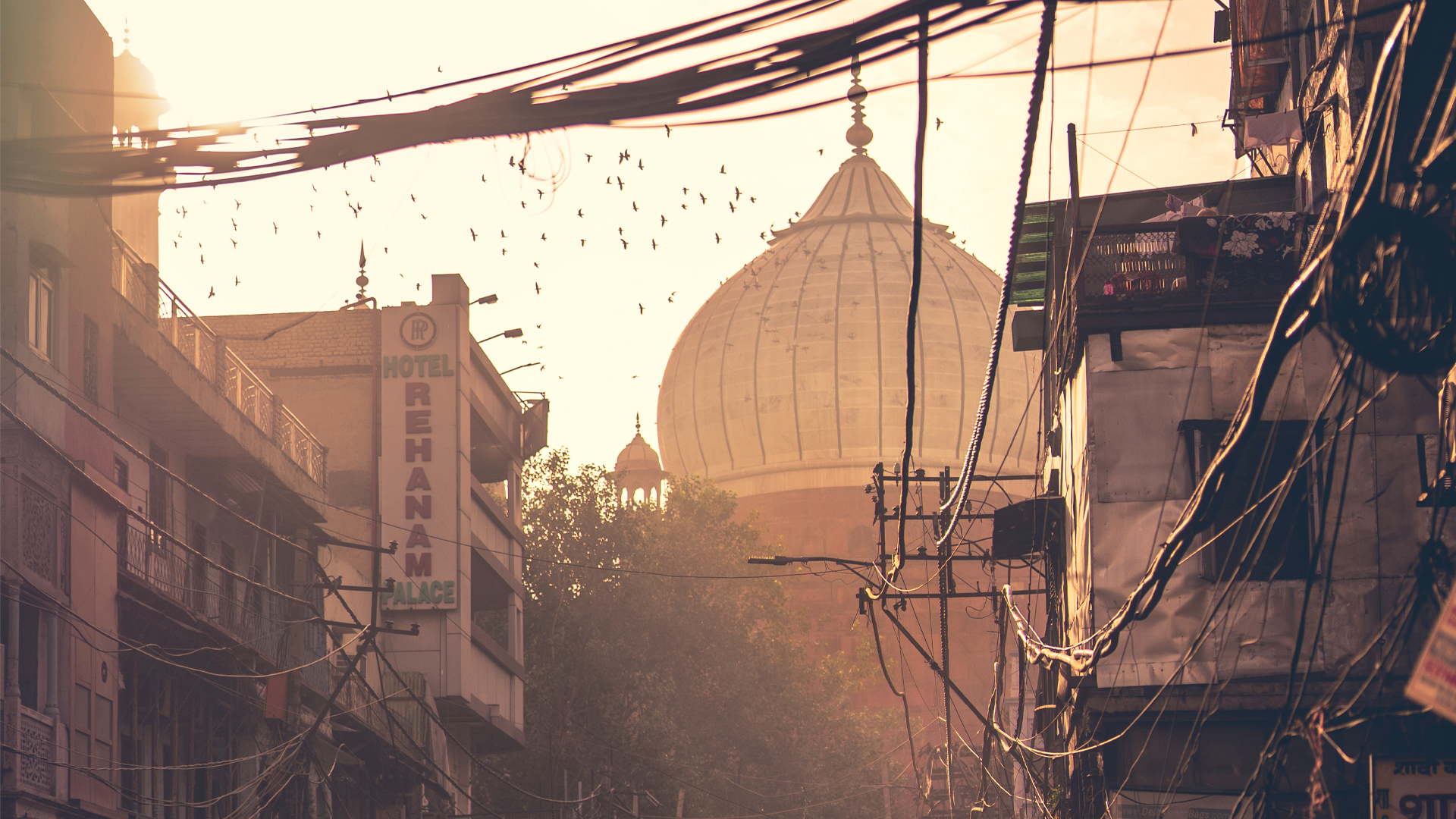Navjivan Vihar is the first – and only – zero-waste locality in the world’s most polluted city of New Delhi.
New Delhi, India, is known for its vibrant culture, incredible food, and – perhaps most infamously – its high levels of pollution.
The city is covered by a blanket of acid smog 365 days of the year, causing a range of diseases amongst Delhi’s 18.98 million residents.
From respiratory illness, to asthma and lung capacity loss, air pollution in India’s capital kills around 4.2 million people each year.
Navjivan Vihar is one of a number of initiatives hoping to change Delhi’s reputation as the world’s most polluted capital.
The locality is the first ‘zero-waste’ community in the city, practicing as a waste-segregated colony for the past 3 years.
Dividing waste into three categories – wet, dry, and domestic hazardous – Navjivan Vihar is following in the footsteps of other modern colonies across India.
Each household segregates waste themselves before passing over the rubbish collectors.
‘Segregation of waste is the key to urban waste management’, said vice-president of modern colony JST Shai. ‘It not only reduces landfill size, but also paves the way for sustainable development’.
In Navjivan Vihar, dry waste is recycled and hazardous waste is carefully disposed of. Wet waste is utilised to create tens-of-thousands of tons of organic manure.
This model of waste segregation and composting has set an example for other zero-waste colonies, both in India and across the world.
In polluted urban areas like Delhi, the need for communities like Navjivan Vihar is more pressing than ever. Depleting vegetation has led to a lack of insects and other wildlife like sparrows, which are vital to the health of local ecosystems.
Alongside stringent waste-disposal, Navjivan Vihar organises regular initiatives like nest-making to encourage birds’ return to the area.
The community encourages plastic alternatives like cloth, carries out consistent donation drives for clothes, toys, and other household items, and boasts buildings with terrace gardens. Residents of Navjivan Vihar regularly attend and organise events to spread environmental awareness.




















